|
Article by Two Wise Chicks
Post Design by Christy Zigweid Photo by Unsplash via Pixabay CC (Photo made using @WordSwagApp) "We are tied to the ocean. And when we go back to the sea — whether it is to sail or to watch it — we are going back from whence we came.”
There's something about the ocean isn't there?
Even when the weather is inclement I love to go watch and listen to the waves crashing about, the stones being thrown around, the sand being churned, the constant ebbing and flowing - sometimes the noisier the better!
Sunsetting at Claycastle, Youghal.
What I particularly love about this time of year though is the light. The colours dance and change more often as the Summer eases its way back into our lives.
It's therapy. Most of us think of the sea, rivers or lakes when we imagine holidays. We associate water with fun, refreshment, exploration, self soothing. We retreat to showers and baths when we're stressed. Youtube is awash with mindfulness and relaxation clips with water sounds in the background. Our breathing changes when we hear normal waves, we slow down unconsciously and match the pace. And the physical and emotional effects of that are profoundly positive. We tend to turn to water for serenity, for clarity, for all that is life affirming.
Splash at Ballinwillig, East Cork
Science agrees. Environmental scientist Mat White has done several interesting studies and found that "proximity to the coast was positively associated with good health, with a small, but significant increase in the percentage of people reporting good health among populations residing closer to the sea".
Near Wexford
Another academic called Depledge presented people with landscape images that had increasing amounts of water in them. He found that "going from a pond right through to a coastline, with increasing amounts of water in the images, people showed a strong preference for more and more water in the images.
We have evidence that natural environments promote physical activity, reduces stress, restores cognitive ability and increases social interaction. Just think of the average day 'out the strand' - isn't that what happens? We run, throw stones, play with dogs and children. We salute strangers, chat to them about each others' pets, the weather.... Then we get back into the car and feel.. tingly, 'glowy' - better! All good. Another thing that happens near water is exposure to negative ions - and these tiny things have enormously positive effects on our brains. The more movement in the water, the more negative ions are present. And we think this explains why we find crashing waves and water-sports so utterly exhilarating! In fact, this idea taken so seriously as a theory that negative ion generators are being tested as treatment for depression in Columbia University. And how happy do children look when splashing around in puddles, real or plastic?! Even in urban settings, "from fountains in squares to canals running through the city... again people hugely preferred the urban environments that had more water." (Depledge again). Future research at the ECEHH (European Centre for Environment and Human Health - bit of a mouthful) includes studies looking at the effect of video screens showing aquatic environments in elderly care homes, and the benefits of views over sea or water from home or hospital windows. It sounds nice doesn't it? Here's a clip I took in Killarney - and even though it's a lake, not the ocean, I still found it mesmerising to be there, watching.
Evening stroller at Garryvoe
And what's your favourite colour? Our affinity for water is even reflected in the near-universal attraction to the colour blue. We're naturally drawn to aquatic hues and blue is overwhelmingly chosen as the favourite colour of people around the world. Also, marketing research consistently finds that we associate blues with qualities like calm, openness, depth and wisdom.
"Let (sea)food be thy medicine" - Hippocrates It seems to make evolutionary sense too - we need water to live obviously, but also we benefit hugely from the creatures that live in the water. Neuroscientist Michael Crawford of the University of North London has proposed that our ancestors were devotees of the sea, and that "this devotion has paid off by allowing us to develop larger and more complex brains". Moving towards the sea gave us a marine diet that was packed with omega-3 fatty acids, essential fatty acids that promote brain cell growth. He theorises that this is why human brain growth began to increase exponentially once we left the woods and headed for the beach. We have also learned that people who eat fish regularly, are less like to suffer from depression than those who don't. Indeed fish is a symbol of happiness and good health across a broad spectrum of religions and cultures. So I don't know how you feel about eating fish - I'm not a huge fan myself actually. But I am a huge fan of the sea, and am cognisant of its healing effect on me, and on many of the clients I work with. I am utterly grateful to live and work a mere five minutes from waves and fresh air and I find myself trotting down to the quay or the beach every week to fill my lungs with the delicious saltiness of it all. For those of use living near the coast (and that's all of us in Ireland really!) it's a resource worth using. Get out there, go for a walk. Breath in that air, feel the wind in your hair, the seaspray on your skin! And for those few moments or hours, immerse yourself in the experience (or even in the water!! #brrr) - go with the rhythm of it - there is plenty of evidence to suggest you'll feel better afterwards. The sea is resilience at its beautiful best. Just as we are.
That's a little clip of some sanderlings I had fun watching on Youghal beach last week - cuteness!
About the Authors
Sally O’Reilly
Sally wants to help create a world of compassion for ourselves and others. A world where mistakes are allowed, gender roles don’t exist, sex ed in schools is a real thing and everyone dances – lovely! As a psychologist and psychotherapist in Ireland, she’s worked for nearly twenty years in private practice, with adults and trainee adults of all ages. She blogs on her own website, is a feature writer for super duper parenting website Voiceboks.com, does print and radio media work and has been known to Tweet. She’s the one running our Twitter page! When she’s not working, you will find her engrossed in Science Fiction or some dark and Danish TV show, listening to music, watching the sea (while really, really wishing it were warmer), or figuring out how to work Lightroom on her Mac. All while munching on Bombay mix. #multitasker! She’s happiest when dancing and erm…. her cat has his own Facebook page. We won’t link to that, it’s too embarrassing..
Tanya Tinney
Tanya looks forward to living in a world where people know their worth, respect boundaries, and always have time for tea and chocolate. A magic bubble that protects her from sticky fingers, hormonal girls and dog hair would be awesome as well. Her education and much of her training is in the areas of psychology and human potential. She worked as a licensed psychologist for over 14 years, with 10 of those years spent building her own successful private practice. In total, she has over 20 years of varied experience working, volunteering for non-profit agencies, and consulting to small business. Most recently she has launched her dream online coaching practice where she gets to work with motivated, amazing women who need help overcoming life’s hurdles. Exciting times! She has lived in Ireland, Ethiopia (okay, just 6 months), Canada, and currently lives in central Texas with her husband, three girls (including fraternal twins), two dogs and three cats. When she’s not finding ‘everyday moments’ to write about here or on her own blog, you can find her being walked by her dogs, unearthing unidentifiable food-objects under the couch cushions or baking her famous banana bread. Tanya runs our Facebook page – and not to be outdone by Sally’s cat, her dog has its own Facebook page too.
1 Comment
My name is Desiree and I’m a detourist. I am a bit different from my peers. Often times, I feel like I am spiritually couple of years younger than a lot of my friends. Some may call me immature, but I like to see myself as youthful. This is a story that tells about how I became more mature, the battles against myself that I faced during the process, and how I kicked my own butt to become a happier person. Throughout my elementary, middle, and high school years, I was an introverted, conventional good girl who was heavily influenced by her parents to focus only on academics and anything related to school. All my life, I listened to my parent’s advice regarding school and personal matters because I thought they were most wise. I thought that blindly following their words would allow me to fluidly travel through the road of life. This quiet, complacent, meek behavior also described the majority of my interactions with my friends at that time period. Such a persona carried me through my social life, but it was not the real me. It was sometime during the last year of high school when I realized that I needed to introduce to the world, the bold side of myself that I had been hiding for so many years. During my college years, I realized that my naïveté was more than ever, a hindrance. I was caught in the middle of an identity crisis and it affected everything from my academic to social life. The once soft spoken me, now wanted to be outspoken. I, who was once buried nose deep in books, now wanted to live a more balanced life with slightly more time dedicated to leisure and merrymaking. Unfortunately for me, I was enrolled in an academically rigorous school, and the conflict I had with new friends regarding our attitude towards work made me feel even more like an outsider. But, there was something else that bothered me. I had stumbled across the realization that I did not know how to effectively project the persona I wanted to project in a way that was maintained within boundaries of social norms. Consequently, I received a lot of rejection and reprimand in the form of people I had befriended turning their backs on me after discovering from mutual “friends” that I was a “nutcase.” This constant fear of being ostracized left me sad and fearful in my room most of the time. I cried to myself in grief and anger as I told myself how unfair it was for some people to be better received by others due to their wit, looks, or social charms. I usually attended class in jeans and hoodies, could not express the same amount of enthusiasm for meeting each acquaintance, and made esoteric jokes and references. I loved initiating dorm shenanigans, to which others did not accept fondly. People found me odd and alienating for some reason, but I swear I am just like every other person. I kept telling myself I should be mingling with people, but I dared not venture near others after seeing how they reacted to my initial presentations of my honest self. I was constantly in a “down” mood, and was horrified that socializing with others who did not understand my situation would prove fruitless. They would just distance themselves further away from me. At the same time, the solitude left me in a position with enough time to think critically about my conundrum. I started out thinking to myself about what it was I wanted to do and be, and what I currently embodied. There were certain things missing from my train of thought and I beat myself up when the wonderings became stagnant. However, I was very lucky to have discovered Paralign later on. Paralign is an app that is dedicated to thought journaling and building rapport through anonymous networking, both of which helped me realize what I wanted and needed. I had access to speak to every user with whom I had matched because both of our thoughts shared a similar theme. My chat partners were able to bring up ideas, solutions, and new perspectives toward viewing a situation that I had never before considered. It’s thought pattern tracking system allowed me to detect recurring mistakes I had committed, which prevented me from reaching my ultimate goal of being able to express myself honestly. Communication helped to alleviate problems. It was through Paralign that I realized that support did not venture far from my domain. Paralign empowered me to express myself freely because the opinion and negativity from people physically closest to me was no longer relevant. The app was my tour guide during my trip of self-discovery. It made me more self-reliant in resolving my own inquiries. That is why I love my detour. About the Author Desiree is an independent blogger and one of many who constantly feels that society and or, everybody else around her is against what her values and beliefs. Many of her pieces recount her own experiences and reactions to puzzling situations, as well as things that bring her comfort during those times. She did not hesitate to join Pouria Mojabi, CEO and founder of Paralign, and pour the residue from her struggles into the inspiration that can better the lives of those who are going through the same state of life she had once experienced.
To Whom It May Concern, In my experience of mental illness and psychosis, I was scared to death and paranoid of violent things happening to me and around me. Even at my worst I may have neglected to take care of myself, but I would never lay a finger on anyone else. Please do not classify me with the other side that needs to see and thrives off of causing violence. There is a huge difference. There needs to be a way of distinguishing this during the diagnoses. Or maybe you need to stop grouping us together in your interviews with “professionals.” About 40 million of us do not even know what you are talking about when you say that people with mental illness are more likely to commit a crime. The correct way of stating this would be to say that, people who commit violent crimes may have a mental illness; because the reality is that, people with mental illness are far more likely to be the victims of a violent crime than the perpetrator. Having mental illness does not equal being a criminal. In fact, for most of us with depression and/or anxiety as symptoms, it is the complete opposite. I cannot even stand playing war video games or watching violent movies. I do not associate with crime, so do not associate it with me. It really hurts every time I hear people say, "…we need to do something about mental health…" and they mean everyone with a mental illness should be contained or something. I agree, we have to do something about mental health and that is to be honest. Most of those who judge would never even admit if their close family member had a mental illness, for fear of being stigmatized. We must stop dancing around the topic and face it head on. Those of us who live with mental illness can't keep being sad for the rest of the world. We must stop using the terms "bipolar, OCD, psycho, or mental," to describe those individuals we do not like. These words are not meant to be used as adjectives. What we need is more funding to go into mental health research, education of primary care doctors, natural and holistic healing, update of all mental hospitals, full insurance coverage, and enough disability money to live on. As a society we need to stop judging and ranking everyone and everything. Regardless of illness, we are all original. We are all beautiful. Until this is realized by everyone, we are just going to keep going back and forth calling each other crazy; and that is pretty immature if you ask me. I will not participate in name calling, shaming, blaming, judging, ranking, or hating. I ask that you please join me. Thank you for your time and understanding. Sincerely, Joseph Fusaro About the Author
Article by Justin Brewer Edit and Post Design by Christy Zigweid Photo made using @WordSwagApp Photo by Orzalaga via Pixabay CC I am a 42-year-old recovering alcohol and drug addict who has also been diagnosed with bipolar II. This past summer I was in a treatment facility where the focus was on dual diagnosis and the simultaneous treatment of substance abuse and mental disorders. I had the pleasure of sitting through a group administered by one of the counselors who wrote and spoke about twelve points, sharing his experiences as he talked about each one. I have written about what each statement means to me below and encourage you, as you read, to think about what each may mean to you. What you are willing to do to include these positives in your life? I found this one to be really tricky at first. On a daily basis, I take the time to say "I love you" to myself whether it be in the mirror or on the way to work. I always remind myself that I am loved. To prove this, I fill my day with things that reaffirm my love for myself: reading, meditating, praying in the morning, working out after work, helping someone else by phone, text, or in person, or going to some type of gratitude meeting at night. I always thank God at the end of each day for all things. I must stay conscious of my thoughts, especially if they go into anger or resentment. I am quick to acknowledge rational or irrational thinking and even quicker to let it go. If I do hold a resentment, I often pray for those whom I am resentful for and it eventually brings peace. This one has taken a lot of practice too. Be grateful for the good and bad and always say thank you. I make a list of all the perceived good and bad at the end of the day, focusing especially on the perceived bad, for how am I to grow if I don’t face challenges and accept with gratitude always? Visualize. It often takes practice to meditate and visualize. I have to train my subconscious to believe I can achieve and it happens. Do what you love and the success will come. Ever hear faith without work is dead? Well it is. You can’t just say "I want this or that" and expect it to come true. You must take action, talk to people, find a mentor, study, and meditate. Trust that in taking these steps it will improve your life. Accept that this won’t happen overnight but as long as you are moving forward and toward something, you will get where you want to go. It won’t be on your time and remember you can only control and do your part. Remember the circle in which you walk is where you are. Take time enjoy this journey. You have to have faith, even if its only a little. Do what you can to draw on and learn to believe in yourself and in life. I really like this one: give yourself permission to fail. If you don’t fail or if you are afraid to fail, then you won’t try. Don’t be afraid, move through it. Learn to treat yourself right. Let it be simple but let it grow. Gym, a healthy diet, meditation, and prayer are all life affirming. Add them all to your life learn to be at peace with what you do and continue to do it. Another favorite. Do what is best for you. It’s your life, do what you want for yourself not for anyone else. I often thought this was hard, especially after people pleasing and seeking, but how are you supposed to be happy if you aren’t living for yourself? Live for your expectations. Stay present realize where you are is where you are. Take 3 deep breaths and realize this moment is all you have. Focus focus focus. Surround yourself with supportive people. Let go of toxic relationships. Be grateful for your friends, especially the ones who have seen the best and worst of you. I am so lucky with this. I have so many great friends whose lives I’ve been able to touch and have touched me. I am really blessed with this one. About the Author
PDF received during treatment and is provided courtesy of Justin Brewer.
Article by Sammi Sumampong Edit and Blog Design by Christy Zigweid Photo by Ryan MacGuire via Pixabay CC Photo made using @WordSwagApp During 2010, I suffered a mental breakdown that led me to the required seventy-two hour stay in the psych ward. After my stay, I attended an outpatient therapy group in which I was introduced to Dialectical Behavior Therapy (DBT), a cognitive behavioral treatment that was developed by American psychologist Marsha M. Linehan to treat chronically suicidal patients who were diagnosed with borderline personality disorder. The treatment combines traditional cognitive behavior therapy and mindfulness techniques. Even though I don’t have borderline personality disorder, DBT has made a huge impact in decreasing my anxiety, anger, resentment, and other uncomfortable emotions. Unlike other traditional mental health treatments, DBT focuses on accepting and tolerating distress rather than pushing it away. This is the mindfulness part. Here are some methods I still use from DBT: 1. Instead of viewing my anxiety and other uncomfortable feelings as bad, I view them in a neutral manner. It helps me control my reactions and analyze my situation. 2. If someone or an event makes me uncomfortable, I make a story of my emotions:
Going through those steps lifts my focus away from the person or event that affects me, and helps me think through my next steps. 3. Another strategy I use that’s part of DBT is problem solving. If I’m anxious about something I try to have back up plans just in case the worst happens. It helps me prepare and realize that the “worst that can happen,” isn’t so bad after all. 4. My favorite strategy from DBT is the one I use most often and that is accepting my emotions. I experience my emotions, all of their ugliness, accept it, and it dissipates on its own. I like this strategy because it allows me to experience my emotions rather than distract them, which is something that always bothered me with other therapy methods. Even though DBT was designed for borderline personality disorder, the distress tolerance exercises can be applied to other mental illnesses and dealing with difficult events and people. About the Author
Yes, you read that right. I am quitting. I am going to stop this circus of being stuck inside my head. It’s been holding me back in my writing, parenting, and interactions with others for a long time, often making me feel as though I am not good enough at anything; a dangerous place to be when suffering from depression and anxiety. I’m prone to the perfectionism trap as a writer and creative and it has swallowed me whole. I’ve been bogged down with feeling like I have to do everything: creating a platform, managing social media, writing a blog, writing the novel I’ve been working on since 2013, and a long list of other things indie authors are in charge of. I cannot get past the mental block inside myself when I write and often feel as though I fall short, unable to tell a good story or help anyone. All of this has become a vicious cycle of wanting to help but feeling as though I’m not, so I second guess everything and dig myself back into the hole I’ve tried so hard to get out of. Day after day the stress of being locked inside my head, analyzing every move I make, has forced me to pull away from my family and miss out on precious moments. It’s tearing me apart. Outside I refuse to be a supermom, but inside I am doing just that, feeling like I have to do everything on my own. I’m here to say, I can’t do it on my own. And that’s okay. Because I’ve realized I am the one holding me back. The constant chatter in my head fed by depression and anxiety has clouded everything I do; I often can’t see through the thick fog hanging over me. While I am okay for a while, it’s not long before the chatter starts again, and I fall right back into that dark place, defeated and stuck before I’ve even moved. That’s no way to live. This winter I’ve been caught in my own internal snowstorm, laden with icy comment daggers. Earlier I said I was quitting. Am I quitting writing? Absolutely not. Life without writing would be like hell. Am I quitting on myself? As much as my depression would like me to, I will not give up. But here’s what it does mean. It means that I am going to do things that make me feel worthwhile. And as I start to heal from all of this negative chatter and move forward, I will write about it and continue to write fiction stories. It’s time for me to step back get my priorities straight. I need to take care of myself or I fear I won’t be here to see what happens on the other side. If you are struggling and want to give up, please don’t. Take a break. Do something you love. Give yourself permission to take the time to do these things, otherwise, you won’t be helping yourself at all. I said in another blog post, “My illness doesn’t define me.” Your illness doesn’t define you either. Stay strong. You can quit the things that make you miserable, but don’t give up on yourself. The world needs you. About the Author
Article by Rebecca Shafer Edited by Maureene Danielle G Blog Post Layout & Design by Christy Zigweid Photo made using @WordSwagApp As I sit here with a blank page, an eager cursor waiting for me to write about eating disorders; I am thinking to myself, "Why did I starve myself for so many years? Why did I exercise every calorie I put into my body? Why was I consumed with every inch of my body?" The answer is simple; my emotions were everywhere, unregulated and I needed a way to survive. My only remedy at the time for survival was to starve my body, go numb, and not feel anything. I could not think for myself, as my eating disorder thought for me. So a vicious cycle began. I would starve as my anorexia told me I'm fat, ugly, unlovable, and worthless; then I would go for a run to clear my mind. And repeat. Think about it. Food is an important part of everyday life’s celebrations and disappointments. It is there during baptisms, weddings and funerals. Food brings friends and family together. In contrast, eating disorders are the ultimate source of division. I am anorexia. I seek to kill. I take the basics of human existence, food and water, and I create terror. The terror that if one calorie "too many" is consumed, then my victims whole being is worthless. Their existence is not only a waste, but a heavy burden to those around them. One is an even heavier burden to those who pretend to care or love them. No one actually cares about my victims; this is the story I engrain into not just their thoughts, but their entire self. Whenever they try to think of love, joy, or hope, I replace it with weight, calories, food ingredients, exercise and body image. It works, too. Not because anyone allows me in, but because I am stronger than any defense. Give me enough time and my victim will starve, pass out, and die. I win. Or better yet, I'll drive him/her mad and he/she will save me the trouble. In Matilda the Musical there is a song titled “Quiet” that expresses well what it is like to live with a mental illness. It speaks of being around others and hearing noises, but comprehending nothing and becoming agitated by the noises that will not shut up; even after the people are quiet. I highly recommend if you think you know a loved one who may be suffering to listen to this track. If you are reading this and think someone might be anorexic, look up the warning signs and develop a plan to help them. I was blessed with family and friends who expressed their concern, forced me to get treatment, and now I am here to tell you about what it is like to be recovering from an eating disorder. This can be everyone’s ending, and awareness is the first step. About the Author
A few people have asked me whether I know what I'm going to blog about before I start writing. Sometimes yes and other times no. To help me, I've made a list of topics I want to cover and keep adding to it, but I write whatever I feel like that day. I make sure I plan a time to sit and write, but don't know what will come out until I write 'hello...' I normally type very quickly and the words flow, so I've never started writing a blog and deleted it or not been able to finish it. People give me topics sometimes that they are interested in and I'm able to write about them, but others I don't have any experience of and want to keep my blog open, honest, and helpful. I can't write about what I have no experience or feelings of. Something might happen in a day or I might be thinking of something and know that's my next blog and I can start it mentally before getting to my computer. I like to think about what would have helped me to read when I was diagnosed and focus on that to help others. I find blogging therapeutic because whatever I have written about I have been able to think about, reread, read it to my husband, and talk about it. I also know my loved ones can read it and understand me better. Another question I am asked a lot is what I feel like being so open on the internet. Knowing anyone can read it, using my real first name, using my personal photos, and sharing the links on my Twitter and Facebook accounts. So how does it make me feel? At first I was nervous. It's a big deal to say "this is me" so publicly. But it all started with my first vlog on YouTube about my depression. I needed to speak about it even if it was to a camera. I planned to keep the video for myself but after watching it, I got the courage to put it on. I'd relied on YouTube videos for information when I was first diagnosed and thought the more videos out there, the better for others. It soon turned into blogging because I prefer to write and my camera wasn't the best! I was a little worried about my new work colleagues and future new friends reading it if they came across it but soon got over this. This is me and I'm proud to be me and what I'm writing about. New people in my life will soon get to know the real me and my blog is 100% real. I'm not too worried about trolling. It happened on my Twitter account so I replied a little, then blocked the person. I didn't need to deal with that or justify myself, but I wanted to put my side across and I didn't argue or get personal, I just stood my ground and fought the corner for others. What they said about depression was harmful and needed a reply! I am worried whether it isn't getting viewed or getting shared enough. I want strangers to see it and I want it to reach people and do some good or give someone some hope out there. But then I have received thank you private messages from people telling me how much the blog has helped and my page views keep going up so that is why I'll continue to blog. Most importantly I enjoy doing it and it helps me too. About the Author
Sadness, depression, anger, feeling out of place, knowing something was wrong with me; these are among my first memories. I saw my first therapist at the age of seven, shortly after my parents split up for the first time. I was experiencing shortness of breath and coughing fits so extreme I would vomit. The inhaler didn’t help me breathe and the doctors wanted to put me on tranquilizers. Eventually, I recovered from the physical ailments, but the emotional ailments stuck with me. It wasn’t until my teenage years that I started seeing a therapist regularly. I hated her. She didn’t listen to me. She asked me questions she thought would give her the information she needed. There was no silence inside those sessions, no room for me to find my words. I used to write letters to my therapist that I never gave her. They were full of words I couldn’t bring myself to say. When I was fifteen, I started hurting myself and attempted suicide for the first time. My therapist suggested to my parents that I see a psychiatrist. But the psychiatrist only asked me questions in front of my mother. When she left the room, he asked me if there was anything I wanted to say, but I still couldn’t find the words to tell the truth. No one knew I had tried to kill myself. It was a dirty secret that I was terrified to admit. I thought my parents would be angry. At sixteen, my diagnosis was depression. At seventeen, it was depression and anxiety. At eighteen, I went off to college and attempted suicide for the second time. The university psychiatrist got me into regular counseling. I was diagnosed with major depression and given my first anti-depressant, which had no effect. At nineteen, I moved across the country for a geographic cure and finally found a counselor that listened to me, but still didn’t get the right diagnosis. I was given anti-depressant after anti-depressant, each of which gave me new side effects, but no symptom relief. A part of me thought that the anti-depressant’s not working meant that there wasn’t actually anything wrong with me, that I was just a lazy, weak, and useless person. After graduating from college at the age of 23, I finally found a psychiatrist who put the pieces together. He asked detailed questions and got a thorough history. He drew a physical timeline of my moods that made the bipolar pattern emerge. He was the first doctor to give me a useful diagnosis that made sense. Rapid Cycling Depressive Bipolar Disorder II. Sixty-nine percent of people with bipolar disorder are misdiagnosed, and one-third of these don’t get the correct diagnosis for more than ten years. Anti-depressants can be incredibly dangerous to people suffering from bipolar disorder, exacerbating symptoms and generally making people feel worse or having no effect at all. Photo by kropekk_pl via Pixabay But because we don’t talk about mental illness, it is impossible for people to know if they are getting correct diagnoses or medications. From my first diagnosis, to the correct diagnosis it was almost ten years. And once I received that diagnosis, it took another five years to find a medication that actually made a difference. Three hospital stays, two more suicide attempts, and fifteen years of avoidable suffering. The moment I was properly diagnosed, changed my life. It was the moment that I realized I wasn’t a lost cause. There was a reason anti-depressants didn’t work for me. I wasn’t just a lazy, useless person. There was an illness that explained my suicide attempts, self-harming behavior, depression, and anxiety. Getting the proper diagnosis made a world of difference. I am not a failure. I have a chronic illness that can be treated. Steps to take if you need help:
Mental illness does not have to be a death sentence. You are not a failure. You are a strong, resilient person and if you have a mental illness, you have a chronic illness that can be treated. About the Author
From as far back as I can remember I have always had my nose buried in a book.
Reading for me has been a comfort, especially during stressful and sorrowful times and a shared hobby through which I’ve connected with some of my closest friends. Amongst those who know me, my bedroom is the library, because I’m constantly loaning and recommending different books to my friends. Any book lover can attest to this fact: There are some stories that you might read at just the right time, or that you might be able to relate to so closely, that they stay with you long after you have turned the final page. The beauty of novels, to me, is that they can be about literally anything, and diving into the lives of characters who deal with trials and triumphs, just like all of us is a reminder that we are never alone in our pain, no matter what that pain looks like. Books have certainly served that purpose for me, and I thought I’d share a few of my favorite paper and ink friend, in the hope that they might do the same for you.
So these are five of my most beloved books, which really resonated with me and have helped me through a hard time. What are some of the books that you have read that may have stayed with you well after you put them down? |
Listen To The ConquerWorry™ PodcastArchives
March 2016
Categories
All
|

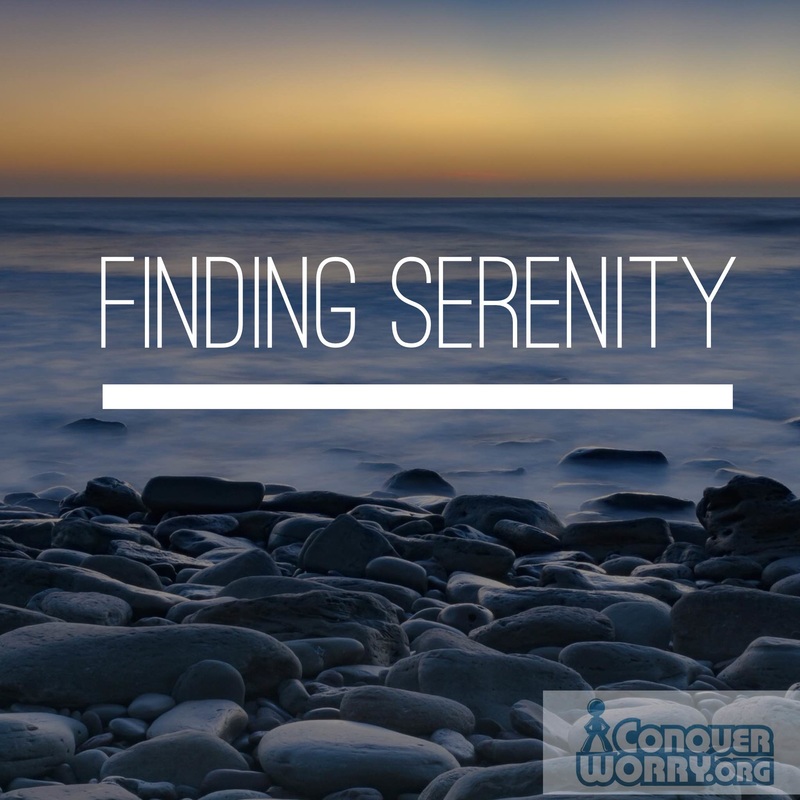




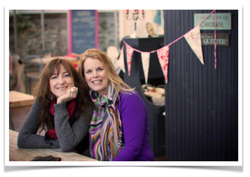
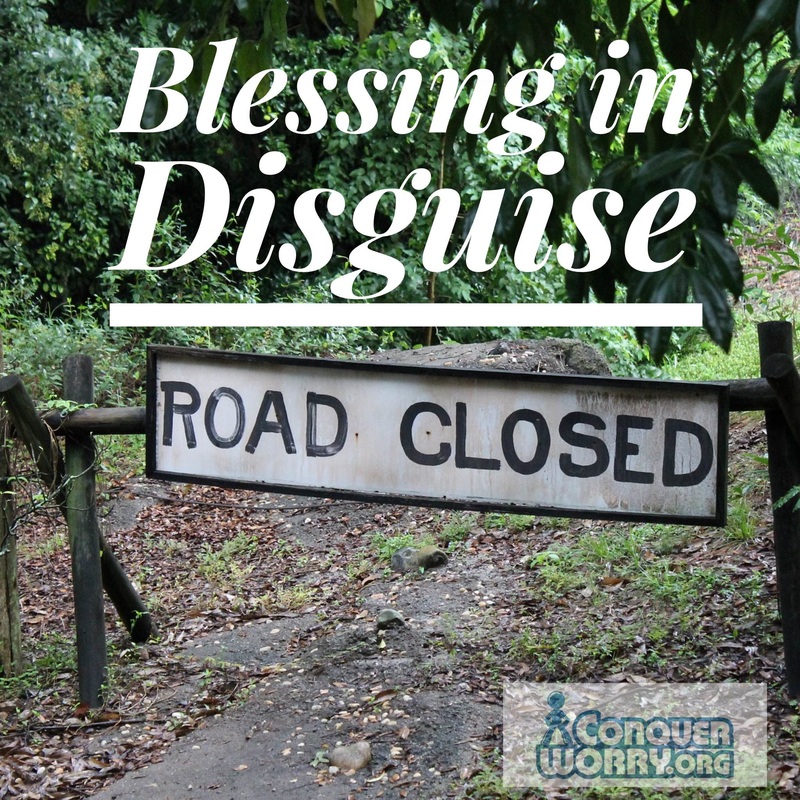

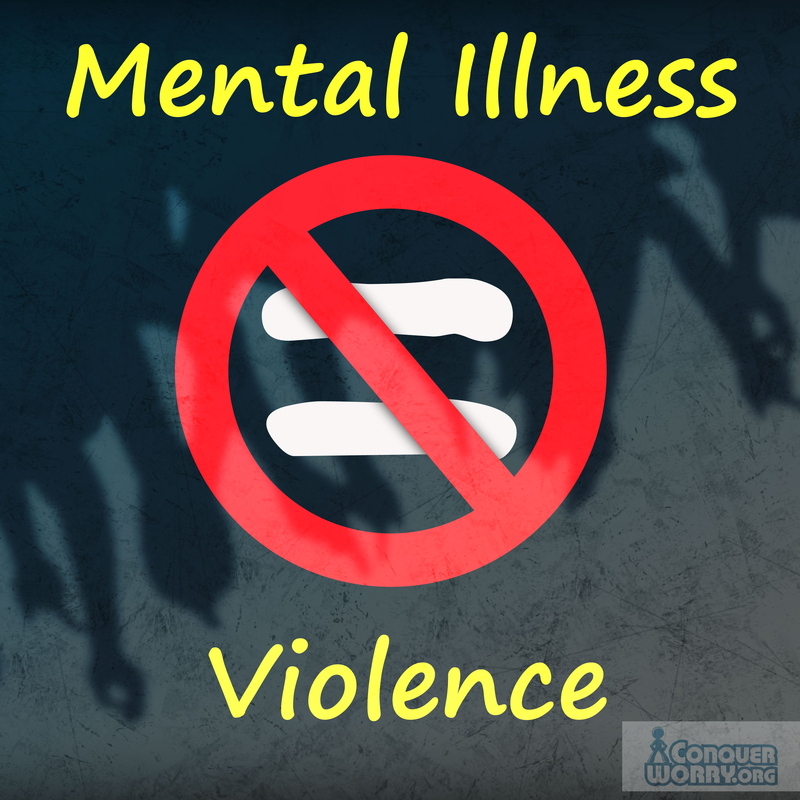
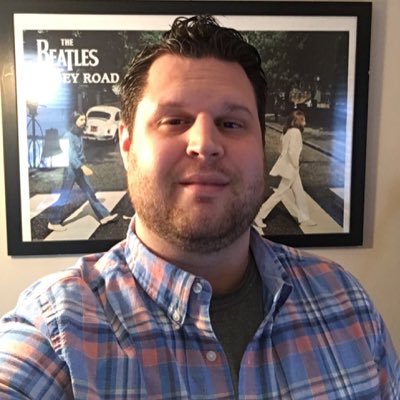
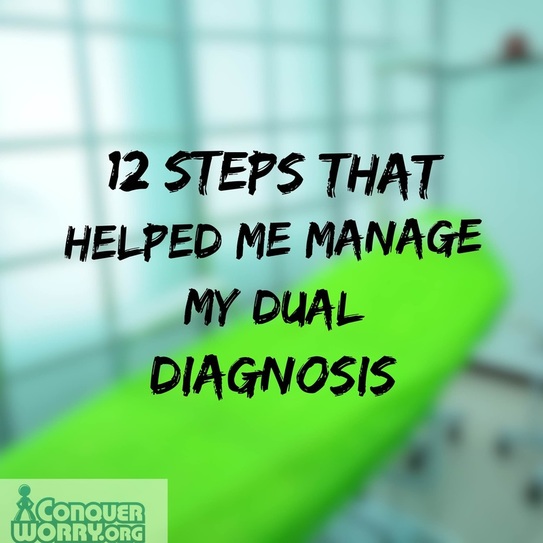
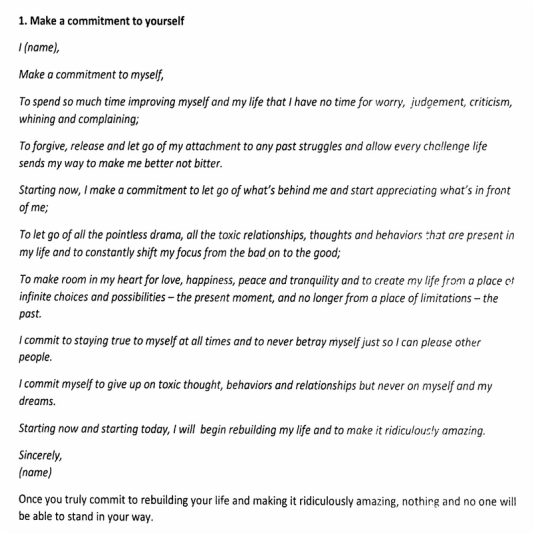
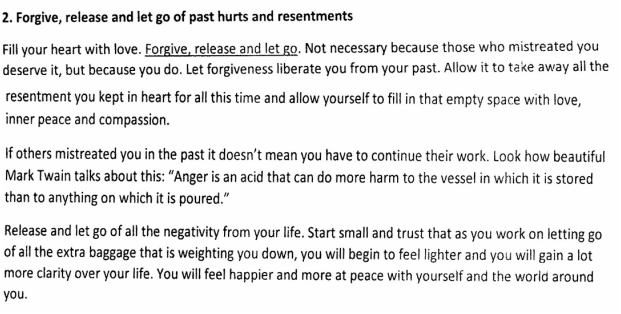

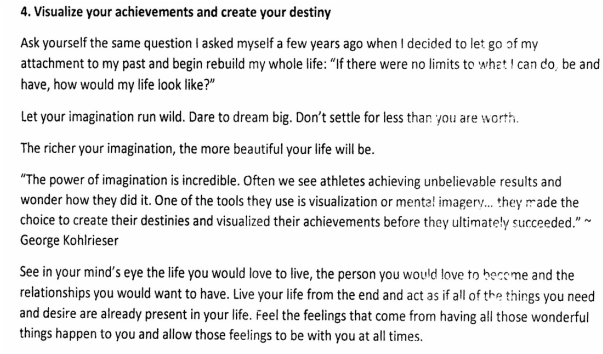
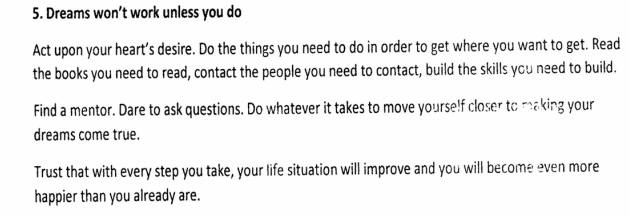
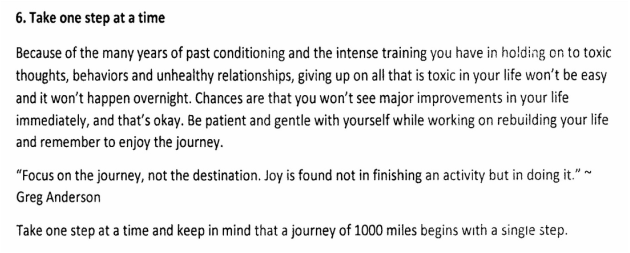


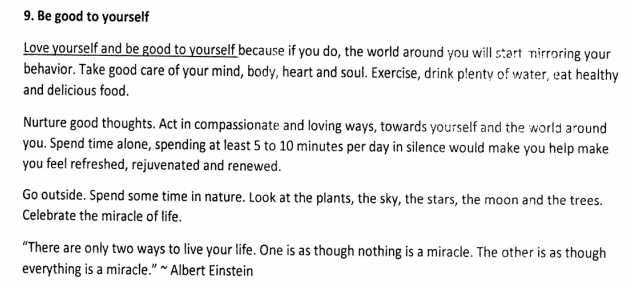
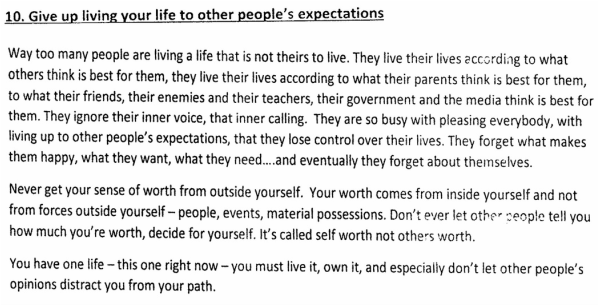
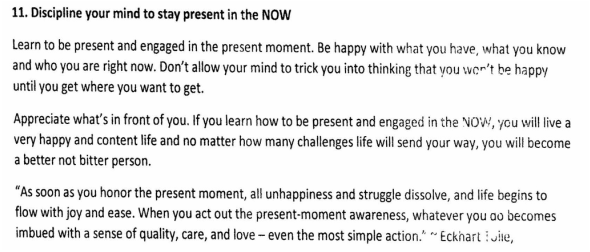
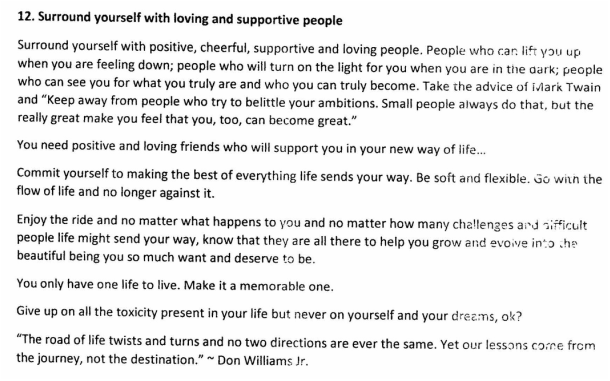
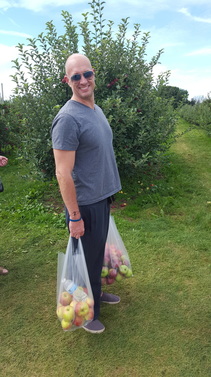
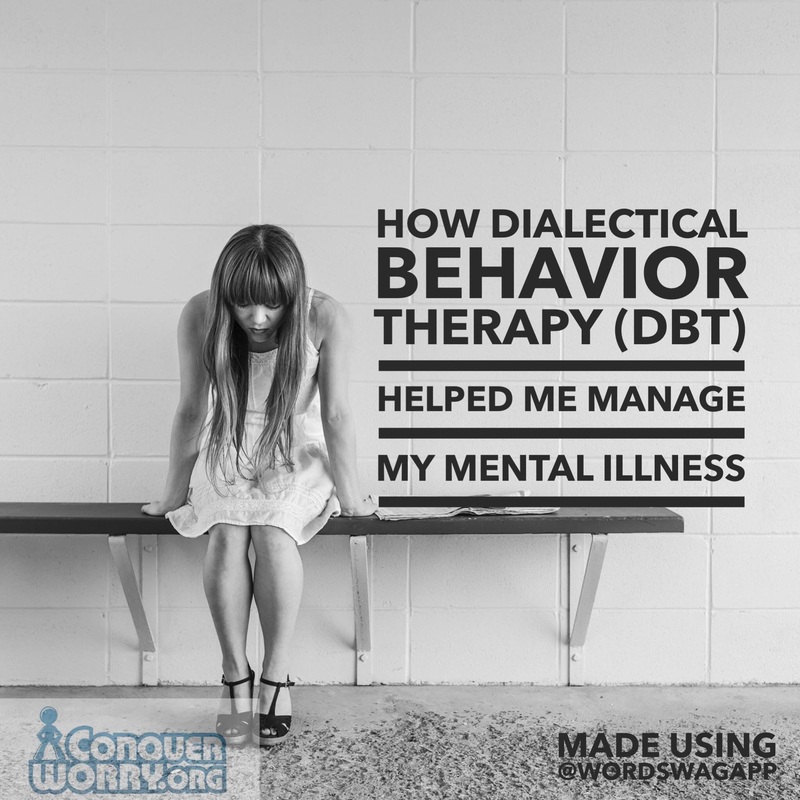

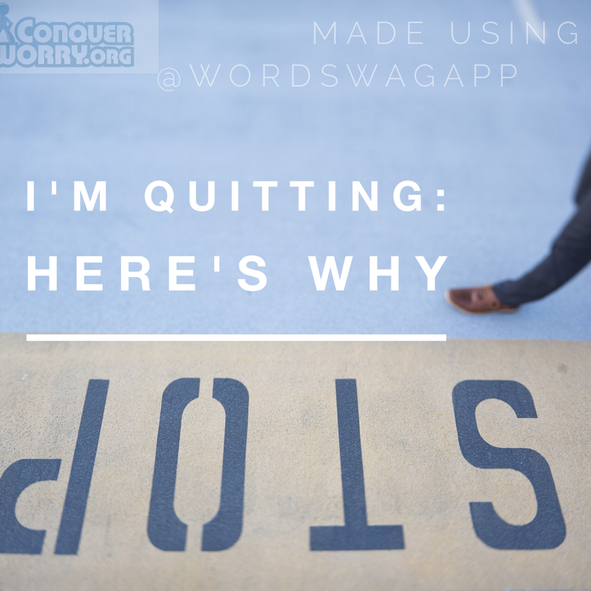

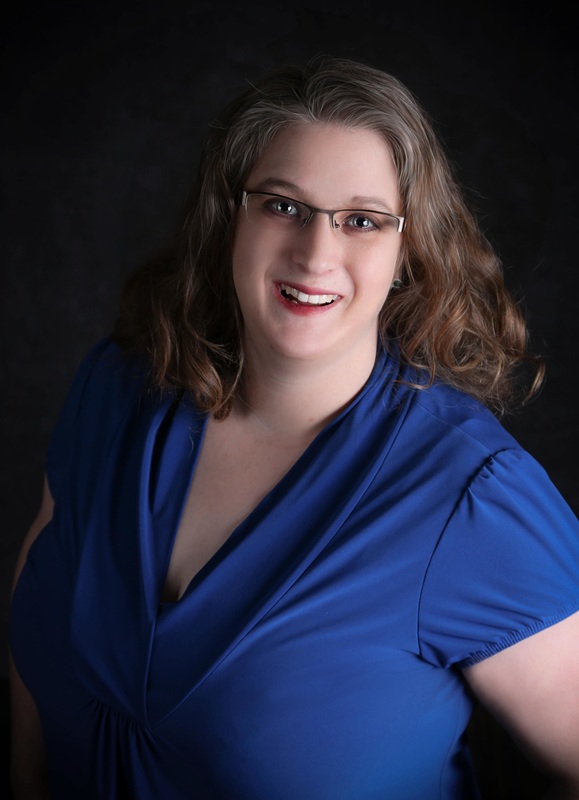
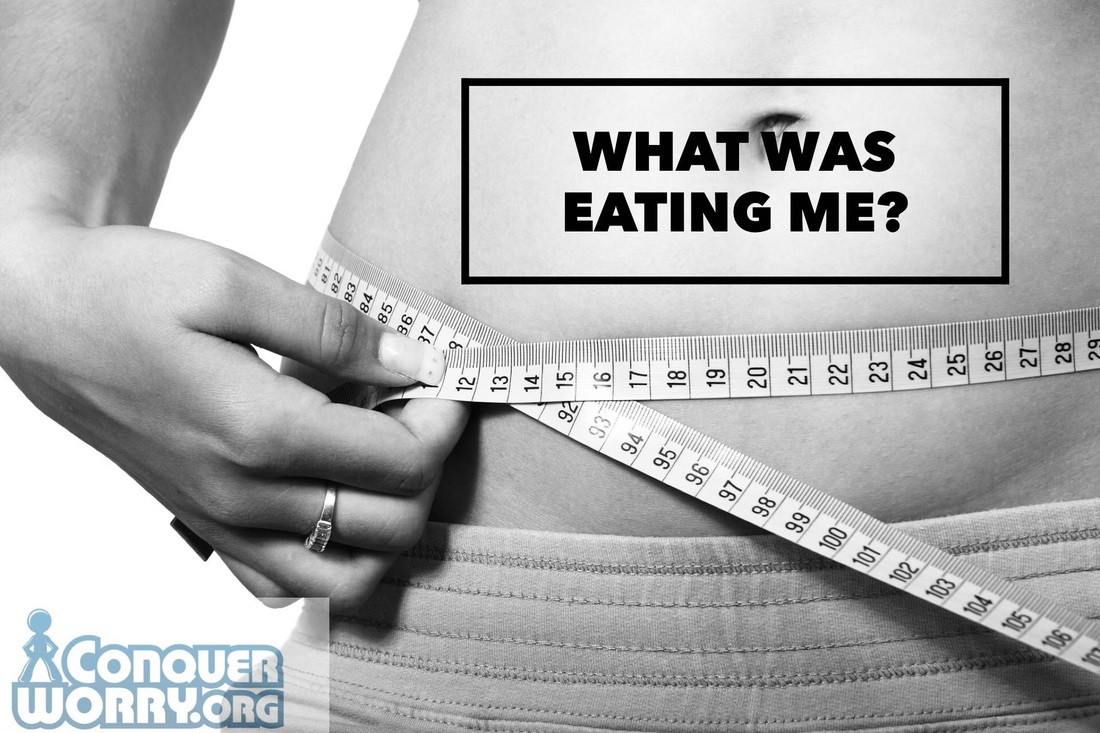
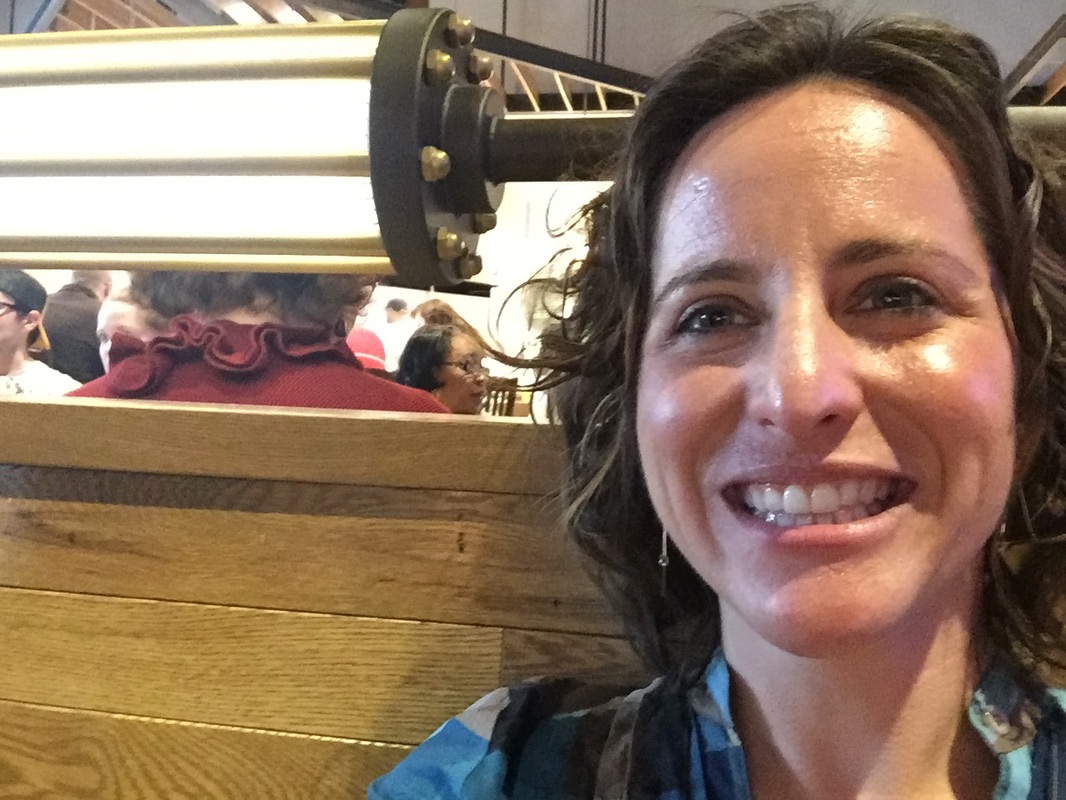
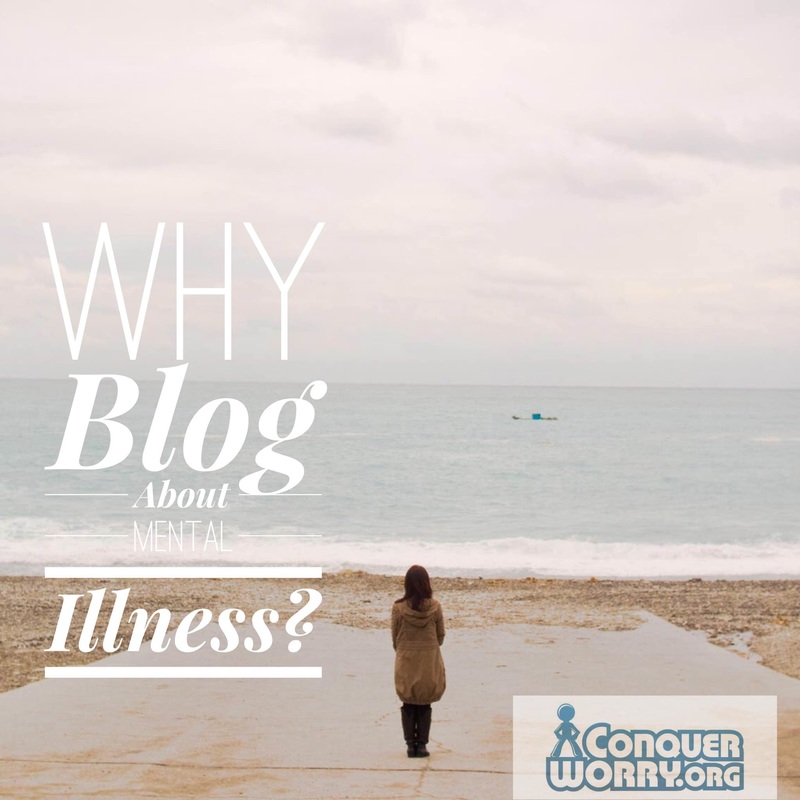

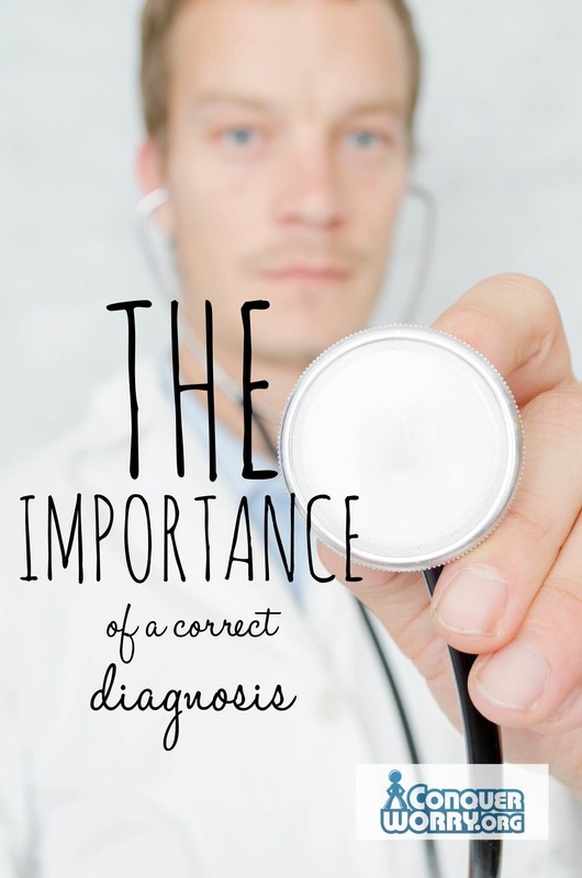

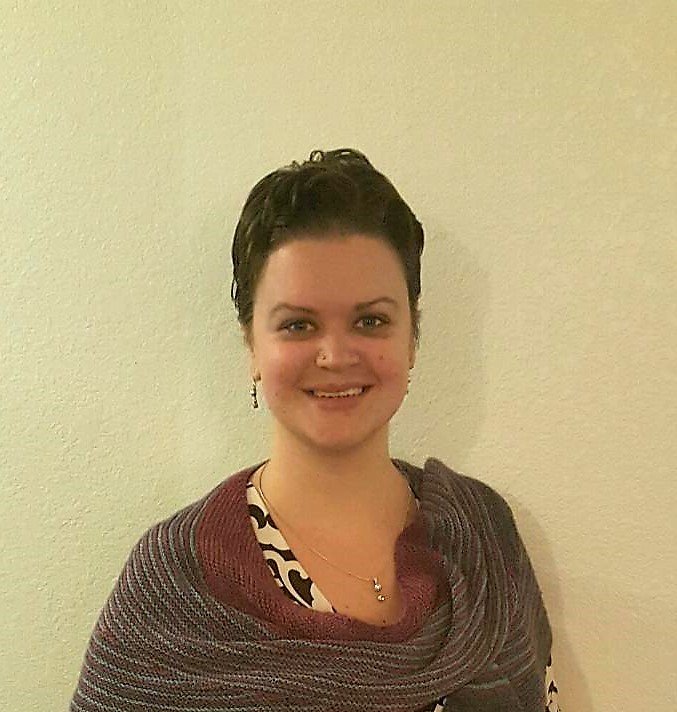
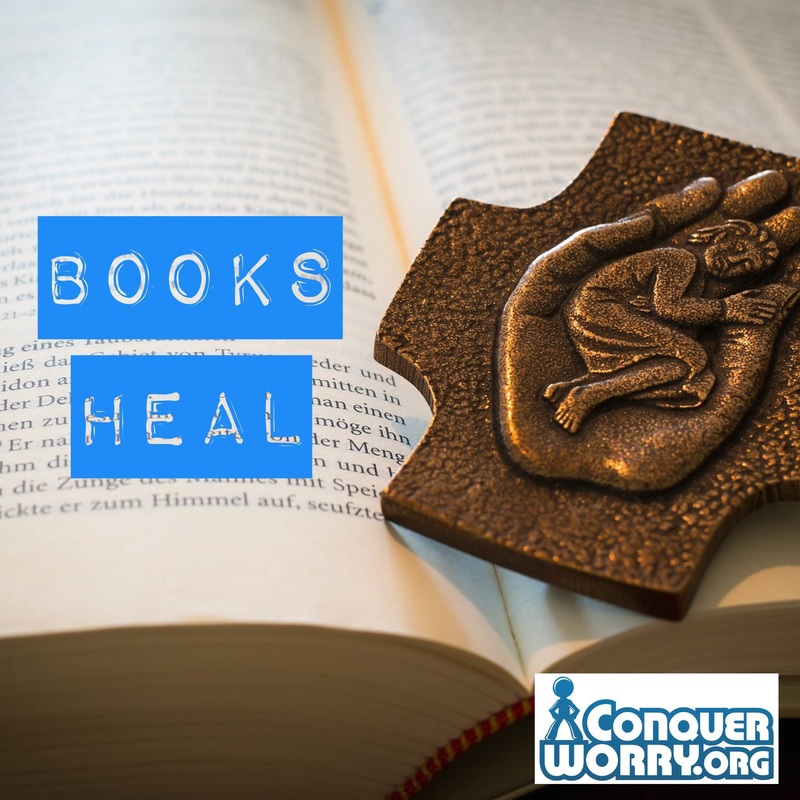


 RSS Feed
RSS Feed